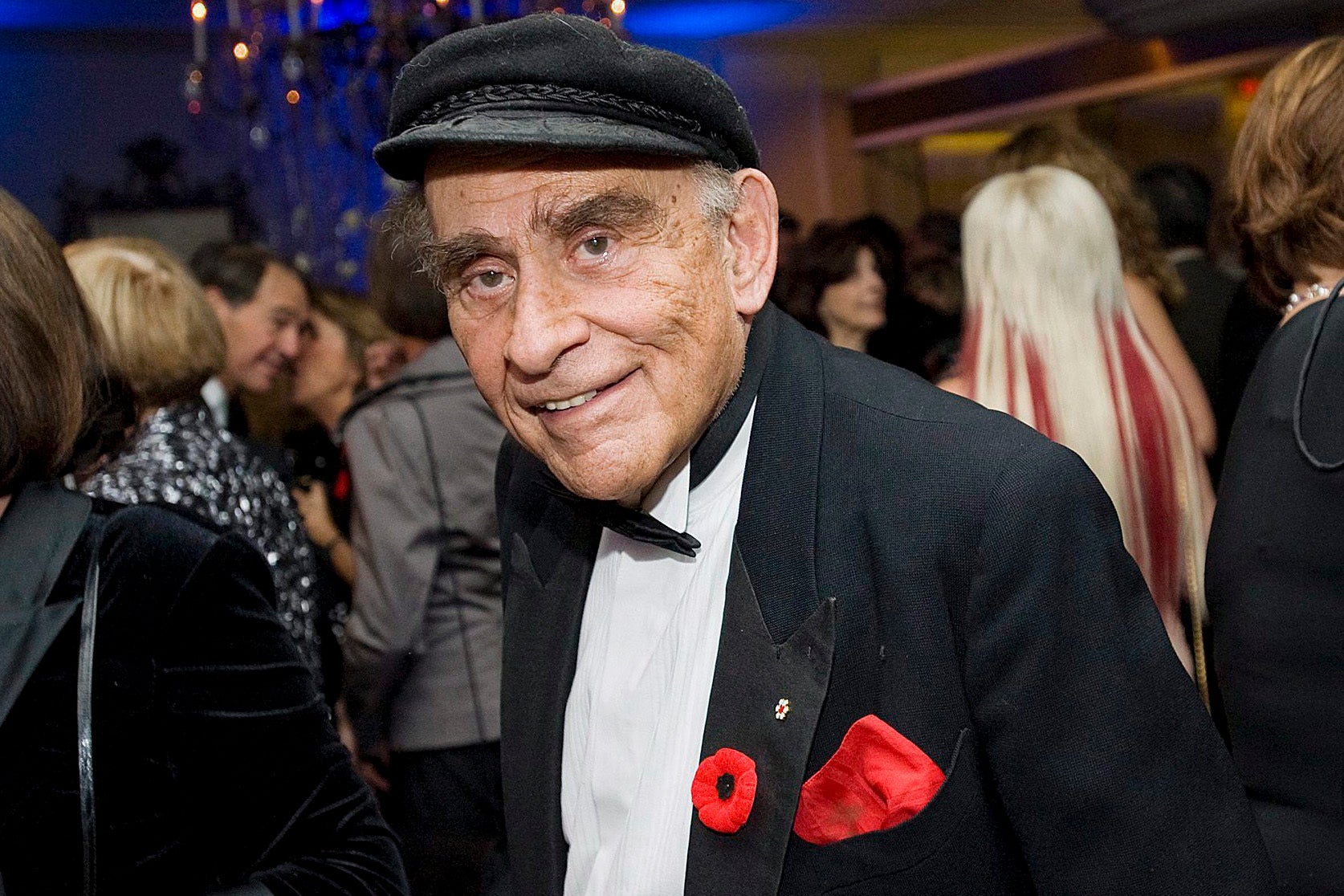Canadian journalist and author Peter C. Newman dies at 94
Veteran Canadian journalist and author Peter C

Your support helps us to tell the story
From reproductive rights to climate change to Big Tech, The Independent is on the ground when the story is developing. Whether it's investigating the financials of Elon Musk's pro-Trump PAC or producing our latest documentary, 'The A Word', which shines a light on the American women fighting for reproductive rights, we know how important it is to parse out the facts from the messaging.
At such a critical moment in US history, we need reporters on the ground. Your donation allows us to keep sending journalists to speak to both sides of the story.
The Independent is trusted by Americans across the entire political spectrum. And unlike many other quality news outlets, we choose not to lock Americans out of our reporting and analysis with paywalls. We believe quality journalism should be available to everyone, paid for by those who can afford it.
Your support makes all the difference.Veteran Canadian journalist and author Peter C. Newman, who held a mirror up to Canada, has died. He was 94.
Newman died in hospital in Belleville, Ontario, Thursday morning from complications related to a stroke he had last year and which caused him to develop Parkinson’s disease, his wife Alvy Newman said by phone.
In his decades-long career, Newman served as editor-in-chief of the Toronto Star and Maclean’s magazine covering both Canadian politics and business.
“It’s such a loss. It’s like a library burned down if you lose someone with that knowledge,” Alvy Newman said. “He revolutionized journalism, business, politics, history.”
Often recognized by his trademark sailor’s cap, Newman also wrote two dozen books and earned the informal title of Canada’s “most cussed and discussed commentator,” said HarperCollins, one of his publishers, in an author's note.
Political columnist Paul Wells, who for years was a senior writer at Maclean’s, said Newman built the publication into what it was at its peak, “an urgent, weekly news magazine with a global ambit.
But more than that, Wells said, Newman created a template for Canadian political authors.
"The Canadian Establishment’ books persuaded everyone — his colleagues, the book-buying public — that Canadian stories could be as important, as interesting, as riveting as stories from anywhere else,” he said. “And he sold truckloads of those books. My God.”
That series of three books — the first of which was published in 1975, the last in 1998 — chronicled Canada’s recent history through the stories of its unelected power players.
Newman also told his own story in his 2004 autobiography, “Here Be Dragons: Telling Tales of People, Passion and Power.”
He was born in Vienna in 1929 and came to Canada in 1940 as a Jewish refugee. In his biography, Newman describes being shot at by Nazis as he waited on the beach at Biarritz, France, for the ship that would take him to freedom.
“Nothing compares with being a refugee; you are robbed of context and you flail about, searching for self-definition,” he wrote. “When I ultimately arrived in Canada, what I wanted was to gain a voice. To be heard. That longing has never left me.”
That, he said, is why he became a writer.
The Writers’ Trust of Canada said Newman’s 1963 book “Renegade in Power: The Diefenbaker Years” about former Prime Minister John Diefenbaker had “revolutionized Canadian political reporting with its controversial ‘insiders-tell-all’ approach.”
Newman was appointed to the Order of Canada in 1978 and promoted to the rank of companion in 1990, recognized as a “chronicler of our past and interpreter of our present.”
Newman won some of Canada’s most illustrious literary awards, along with seven honorary doctorates, according to his HarperCollins profile.